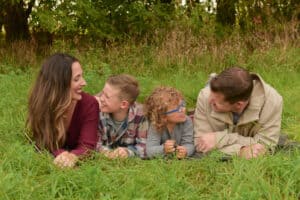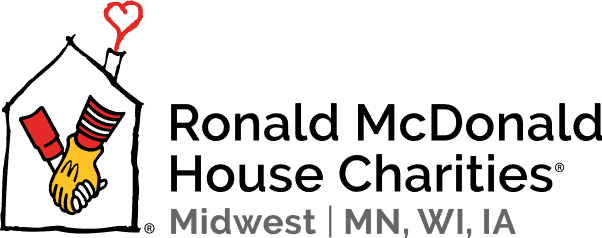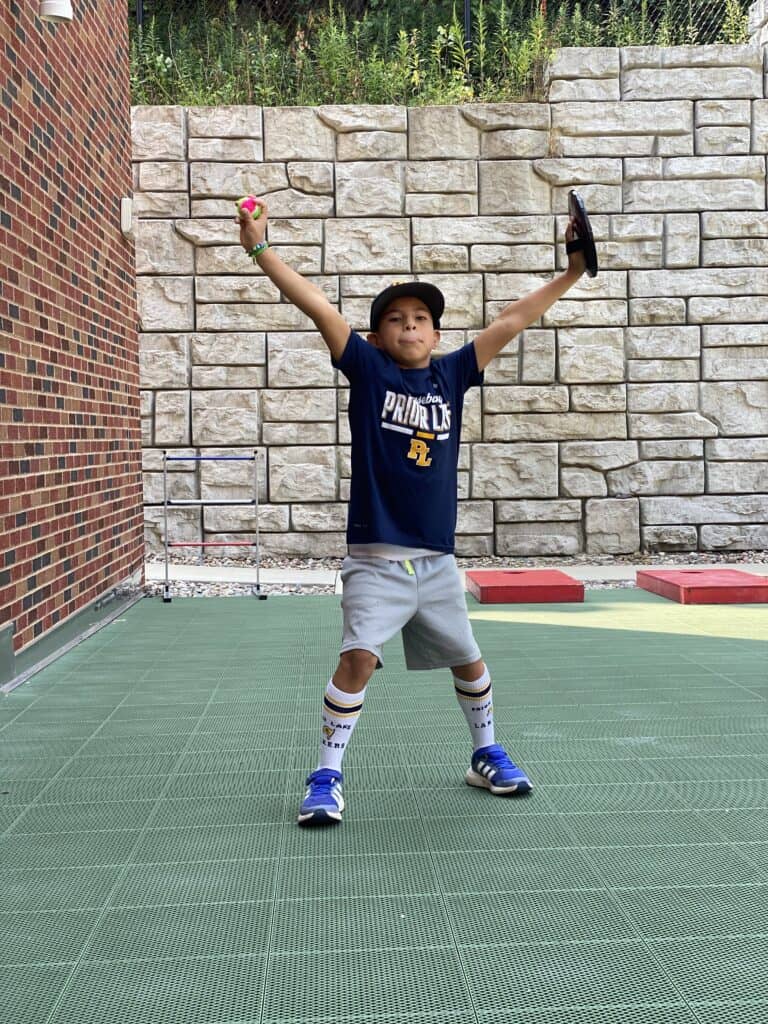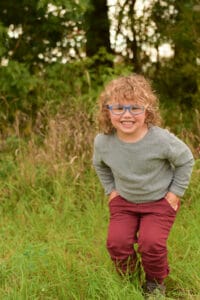
As Mandy looked at her son, Preston, she said, “P is just special…all the way around.”
“Preston came into the world 10 days early—with the biggest brown eyes—and stole everyone’s heart,” Mandy said. “He’s the sweetest little boy, but tough and fiercely independent. He does things to the music of his own anthem.”
As three-year-old Preston grew up, Mandy and his dad, Andrew, knew something was wrong. Preston was having odd medical issues—extreme thirst and urination were the primary symptoms. The pediatrician tested him for diabetes, but his blood panels didn’t support the diagnosis. His eye started to drift, so he visited a pediatric ophthalmologist.
No answers.
“He looked normal, he acted normal and all of the testing was normal,” Mandy said. “It didn’t add up.”
Their new pediatrician directed them to an endocrinologist—a physician who specializes in disorders of the endocrine system, such as diabetes. The endocrine immediately knew something was wrong and linked the issues, diagnosing Preston with diabetes insipidus, which deals with the pituitary gland. But there were only a few reasons for a three-year-old to contract these conditions…and one was a brain tumor.
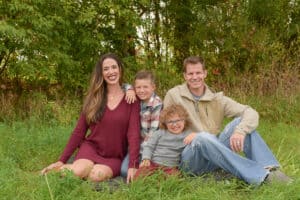
The endocrine ordered a MRI and a water deprivation test—water is withheld from the patient and their blood is checked—for the next day. Less than 30 minutes into the four-hour test, they discovered the brain tumor. Less than one hour later, Mandy and Andrew were meeting with a specialist and thinking and planning Preston’s surgery.
The lone hesitation: it is rare for a three-year-old to have Craniopharyngioma. Craniopharyngioma is a rare type of brain tumor derived from pituitary gland tissue. It can present at any age, but its peak incidence is 5-14 years old. Doctors believe Preston was born with it or it developed shortly after his birth.
Three months after surgery, a MRI scan showed new growth—it required radiation. Radiation is not ideal for anyone, but it is especially risky before a child turns eight years old.

“We wanted to wait until he was older, but we didn’t have time to wait,” said Mandy. “The tumor was aggressive; we needed to act. Waiting wasn’t an option.”
Preston’s tumor was on his optic nerves and carotid artery—it was unlikely surgery would be able to remove it all. Three months after surgery—in which he lost his pituitary gland—the tumor started growing back. And it was significant in size.
The situation forced the family to travel to the world-renowned Mayo Clinic for proton beam radiation therapy. Proton beam is deemed to be the best radiation for young children and Craniopharyngioma tumors. And Mayo Clinic is one of only 26 operating proton beam centers in the country and one of only six centers in the Midwest.
“We were very thankful,” Mandy said. “Mayo Clinic has only been a proton beam center for a few years…I don’t know where we would have gone.”
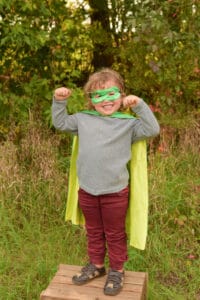
As Mandy said, Preston “flew through proton radiation like an absolute superhero.” He recovered really quickly and has suffered very few side effects. The family waited for the negative side effects for weeks…but they never came. Prior to surgery, Preston was blind in one eye because the tumor crushed his optic nerve. There are future concerns with radiation—more vision loss, hearing loss, strokes, cognitive learning issues, secondary tumor. He will need frequent scans for the rest of his life, but life is whats important.
“It’s overwhelming to think that he barely had a chance at life,” said Mandy. “His life is altered, but he has that chance.”
Losing his pituitary gland means his body cannot control its hormones and functions. Preston will need medication every day for the rest of his life and constant follow-up appointments with scans and blood work, but Mandy said, “Preston is only alive because of modern medicine.”
The family was not familiar with the Ronald McDonald House of Rochester. They had minimal exposure to a Family Room, but “the House is very different.” After a nine-hour consultation during their initial visit, nurses said, “You need to go to the Ronald McDonald House.” The only question for Mandy and Preston…would a room be available?
There were 38 families on the waiting list when Mandy added her name. But only five days later there was a room.
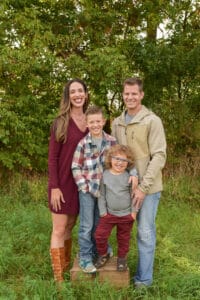
Mandy and Preston were in Rochester without the rest of their immediate family for the majority of his care. Mandy said her “feeling of comfort and safety” at the House enabled Andrew to stay home with their eldest son, Drew, and keep his schedule as normal as possible. And Andrew was able to continue working to support the family financially.
“I don’t think people fully understand,” Mandy said. “It’s an out-of-control feeling when your child is sick—it’s so unbelievably exhausting to deal with the unknown. It’s almost impossible to be a good parent and a family.
“The Ronald McDonald House made it possible.”
And now the House is making it possible for even more families following the grand opening for its expansion in May. The House increased from 42 to 70 guest rooms and added community spaces for children and parents to exercise and rest.
“I couldn’t be happier for all of the families that will be able to stay at the House because of the expansion,” said Mandy. “When you are away from home with kids, it is tiring and costs money. The House takes away that hardship. It becomes home.”
Mandy said she has connected with many guest families, volunteers and staff. The House is a “neat and unique support system” for families. And it has had a lasting impact on Preston.
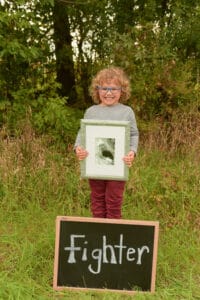
“When we talk about leaving, Preston is sad,” Mandy said. “That’s so incredible. A three-year-old…who is here for radiation…wants to come back.
“It speaks to the love that we feel at the House.”
And every time they come back, Preston says, “I’m going to see my friends.”
Preston continues to amaze Mandy and Andrew with his no-care attitude as it pertains to his medical condition. He walks into Mayo Clinic like he owns the place. His floppy mop of curls charm everyone into falling in love with him…and giving him what he wants.
The focus has shifted from survive to thrive. Preston is preparing for preschool, but it’s hard to gauge his baselines. But all of that is secondary to the family as it moves forward.
“He’s here; walking and talking—nothing is slowing him down,” said Mandy. “It is not a destination. It’s a journey.
“But we are so thankful.”
